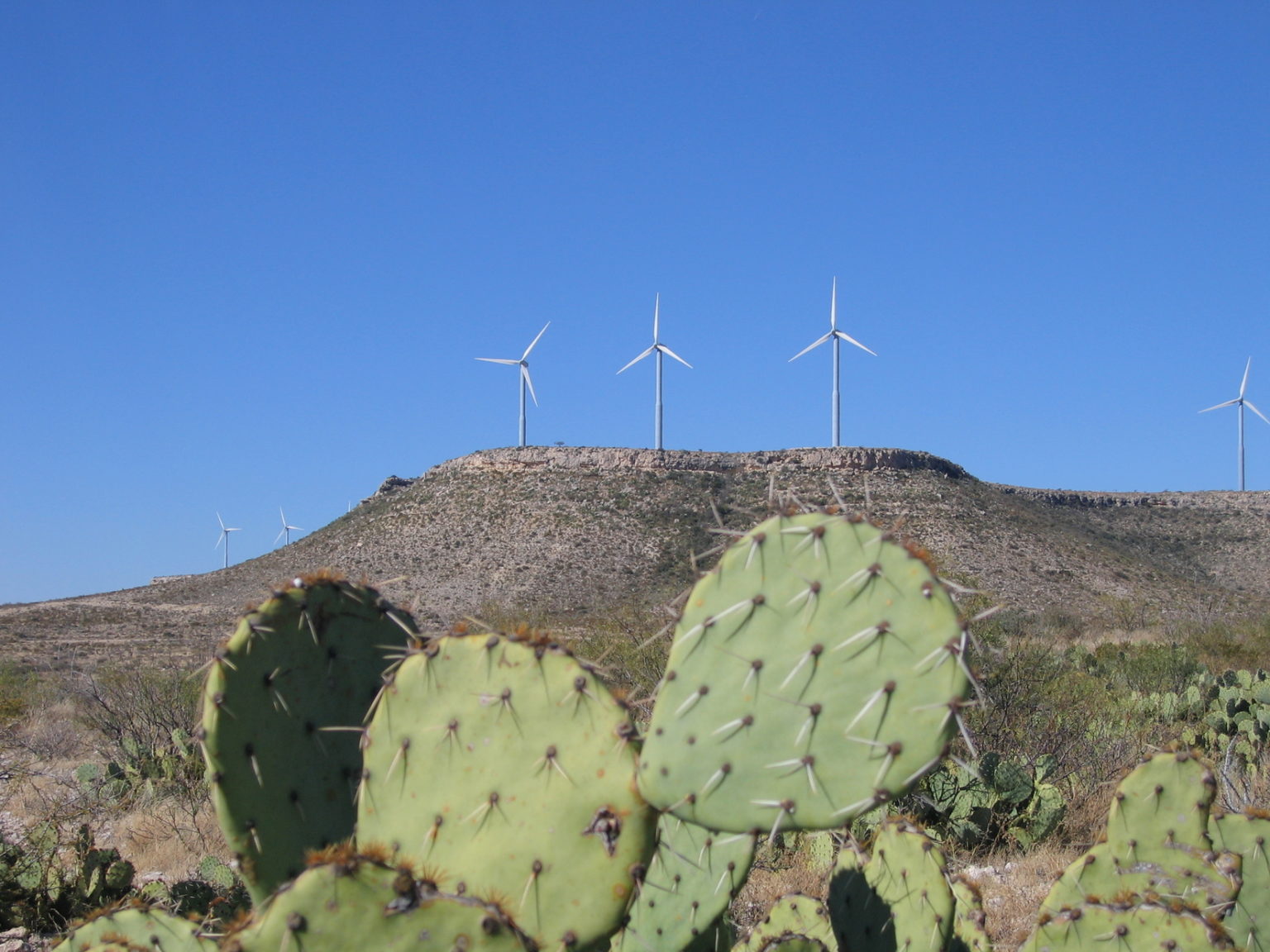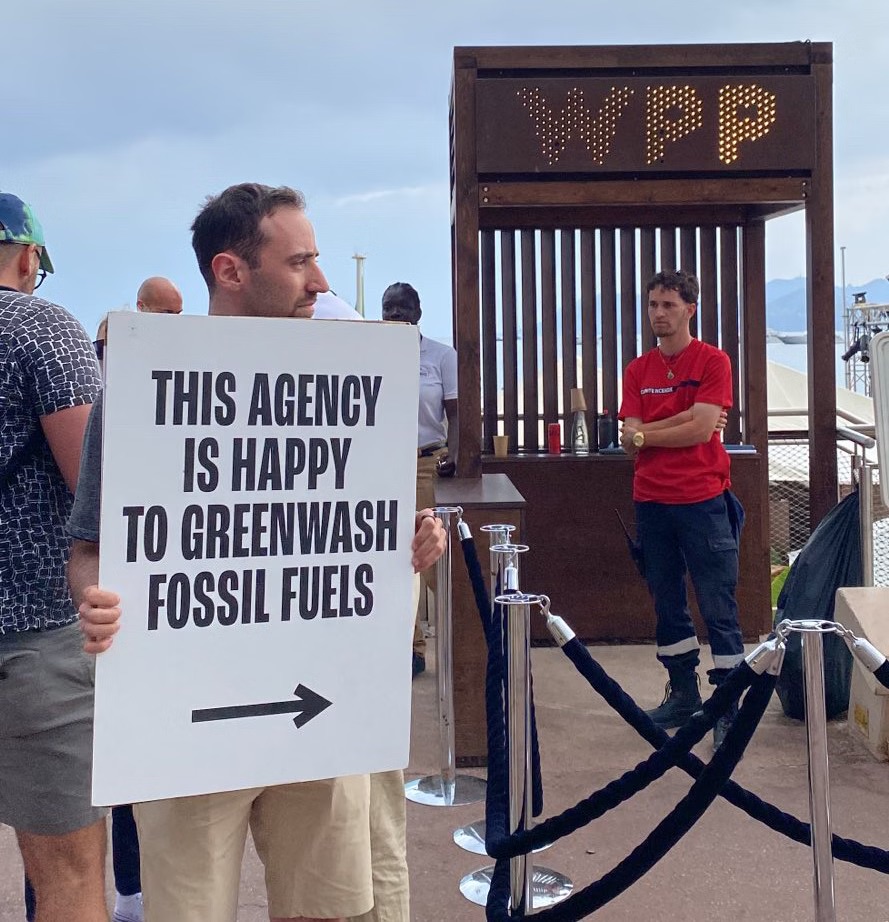It would be fair to assume a husky-hugging environmentalist from Oxfordshire and a farmer from Wyoming’s agricultural heartland possibly wouldn’t have a lot in common. But new polling suggests they may have one shared trait: they probably both quite like renewable energy.
That’s partly because most people in both the US and UK support renewable energy these days, irrespective of their voting habits.
But the percentage of Trump voters who support renewable energy is still surprisingly close to the number of UK voters that are keen on the technology — almost 75 percent, according to two new polls.
Comparing polls is always tricky, particularly when the questions are slightly different. So any comparisons should be approached with caution.
But data from a recent Yale Programme on Climate Communication poll and the UK government’s latest public attitudes survey suggests support for renewable energy is robust across both ideological and geographical divides.
In the UK, 75 percent of people support using renewables. Among Trump voters, 73 percent want the US to use more renewable energy.
And there is also a similarly tiny level of opposition to renewable energy among the two groups. Only four percent of UK voters oppose the use of renewables. The same number think the US should make less use of wind, solar and geothermal energy in the future.
Lots of people in the UK are largely ambivalent towards renewables, with 21 percent neither support or opposing renewables. Among Trump voters, 13 percent want the US to use the same amount of renewables as now, and 10 percent say they don’t know.
That’s not to say there are no differences.
Perhaps unsurprisingly, given Trump’s repeated pledges to save the US’s coal industry, his voters seem to be much keener on fossil fuels: 55 percent want the country to use more coal, oil and natural gas, and 24 percent want at least the US to use the same amount.
This is where the data comparison gets a bit tricky, as there’s only one fossil fuel specific question in the UK survey, on shale gas. The UK public remains largely against ramping up production of that fossil fuel source, with only 18 percent supporting fracking.
And then there’s climate change.
A large chunk of Trump’s voters — 31 percent — think global warming is not happening. A further 21 percent say they don’t know.
In the UK, only four percent of people think “there is no such thing as climate change”.
But a majority of Trump voters actually want the government to do something about it: 62 percent want the government to either tax, regulate, or do both to the pollution that causes global warming.
At least that should be some consolation to the 70 percent of UK voters concerned about climate change.
Main image credit: Pismo via Wikimedia Commons CC BY–SA
Subscribe to our newsletter
Stay up to date with DeSmog news and alerts








